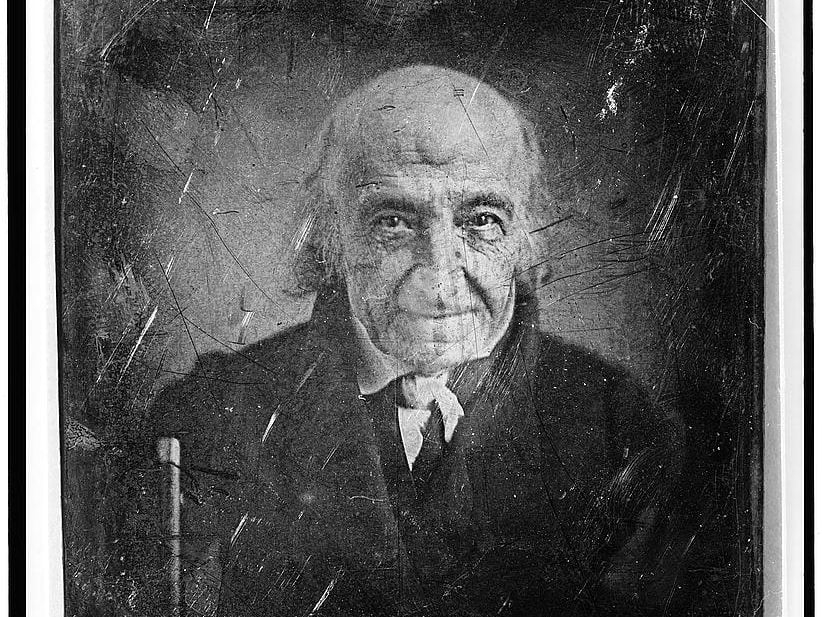America’s first battle over import tariffs was dissected by Albert Gallatin in 1831, as he celebrated his 70th birthday and continued to play a key role in various initiatives. Born in Switzerland, Gallatin emigrated to the United States at a young age and served in various government positions, including as Treasury Secretary under Presidents Jefferson and Madison.
Gallatin was a strong advocate for free trade, influenced by the writings of Adam Smith. Despite enforcing President Jefferson’s Embargo of 1807, which tarnished his free trade credentials, Gallatin continued to champion the benefits of international commercial ties. The introduction of protective tariffs in 1816 by the Democratic-Republicans sparked a debate that would have long-lasting effects, including contributing to the sectional strife of the Civil War.
In response to the high tariff rates, which exceeded 40 percent of import value, the Free Trade Convention was held in Philadelphia in 1831. Gallatin played a significant role in this convention, advocating for the reduction of protective tariffs and issuing key documents addressing the tariff question. Despite differing opinions among the delegates, Gallatin’s diplomatic skills helped navigate the discussions and steer the convention towards a unified stance against protectionism.
The Convention’s message to Congress, championed by Gallatin, called for the elimination of the national debt and emphasized the importance of free trade for the prosperity of the country. The event garnered national publicity and left a lasting impact on the political landscape, influencing the free trade movement for years to come. Tariffs should only cover the basic expenses of the government, as calculated by Gallatin to be half the existing rates. The materials produced by the Free Trade Convention of 1831, including the Address to the American people, the Memorial to Congress, and an “Exposition,” became the go-to resources for opponents of protectionism and supporters of free trade at the time. Gallatin faced both praise from free traders and criticism from protectionists, including Senator Henry Clay, who accused him of favoring foreigners over Americans due to his Swiss birth. Despite the attacks, Gallatin remained steadfast in his belief that free trade was essential for individual empowerment and promoting peace between nations.
The principles advocated by the Convention’s Memorial to Congress reaffirmed Gallatin’s dedication to free trade. His involvement in the Free Trade Convention solidified his reputation as a champion of commerce freedom in early America. Despite his past enforcement of Jefferson’s Embargo of 1807, Gallatin’s commitment to free trade was a significant achievement. He passed away in 1849 at the age of 88, leaving behind a legacy to be proud of.
For further reading, check out “Why Trade Restrictions Always Backfire” by Lawrence W. Reed. Please note that the opinions expressed in this article are those of the author and may not necessarily reflect the views of The Epoch Times.
Source link




